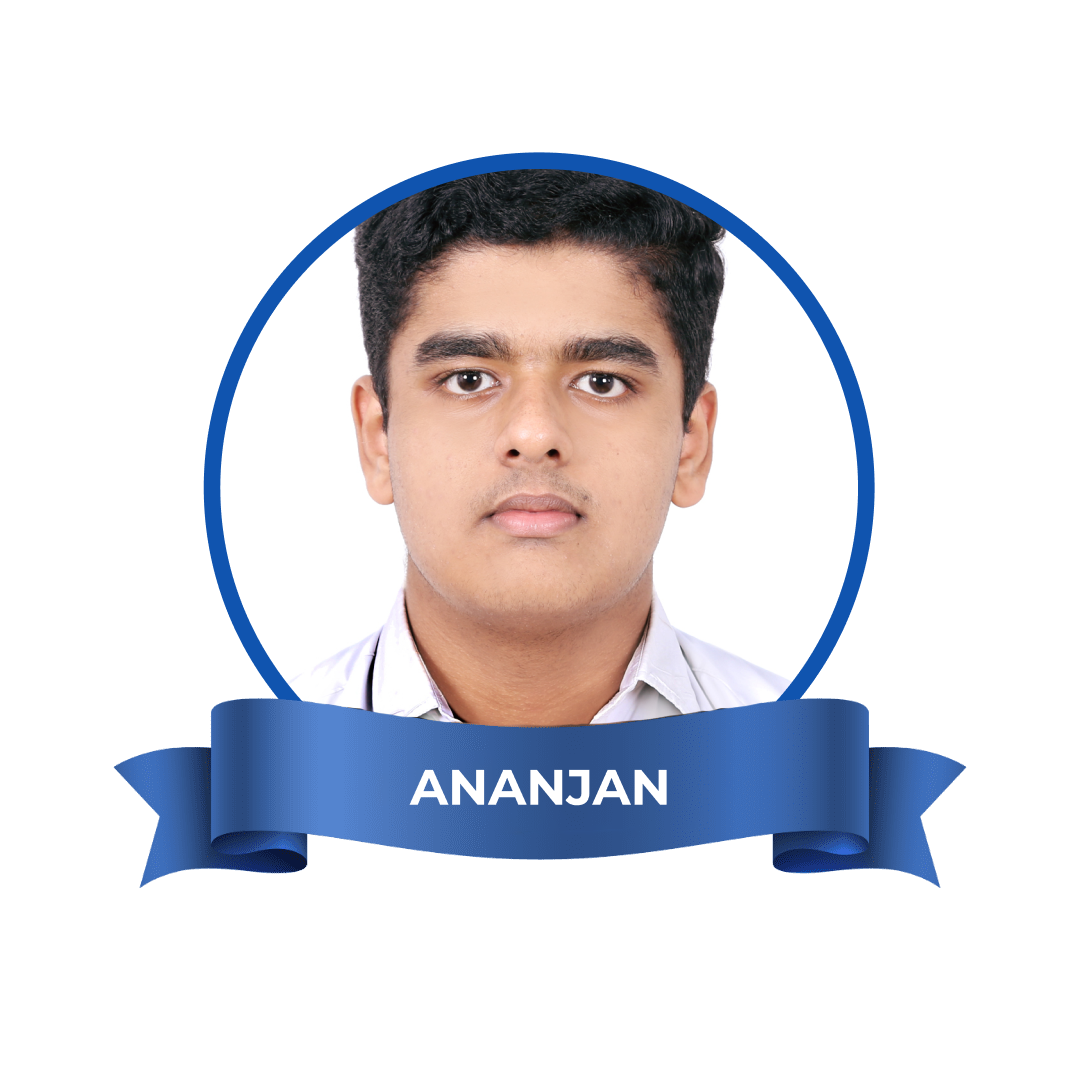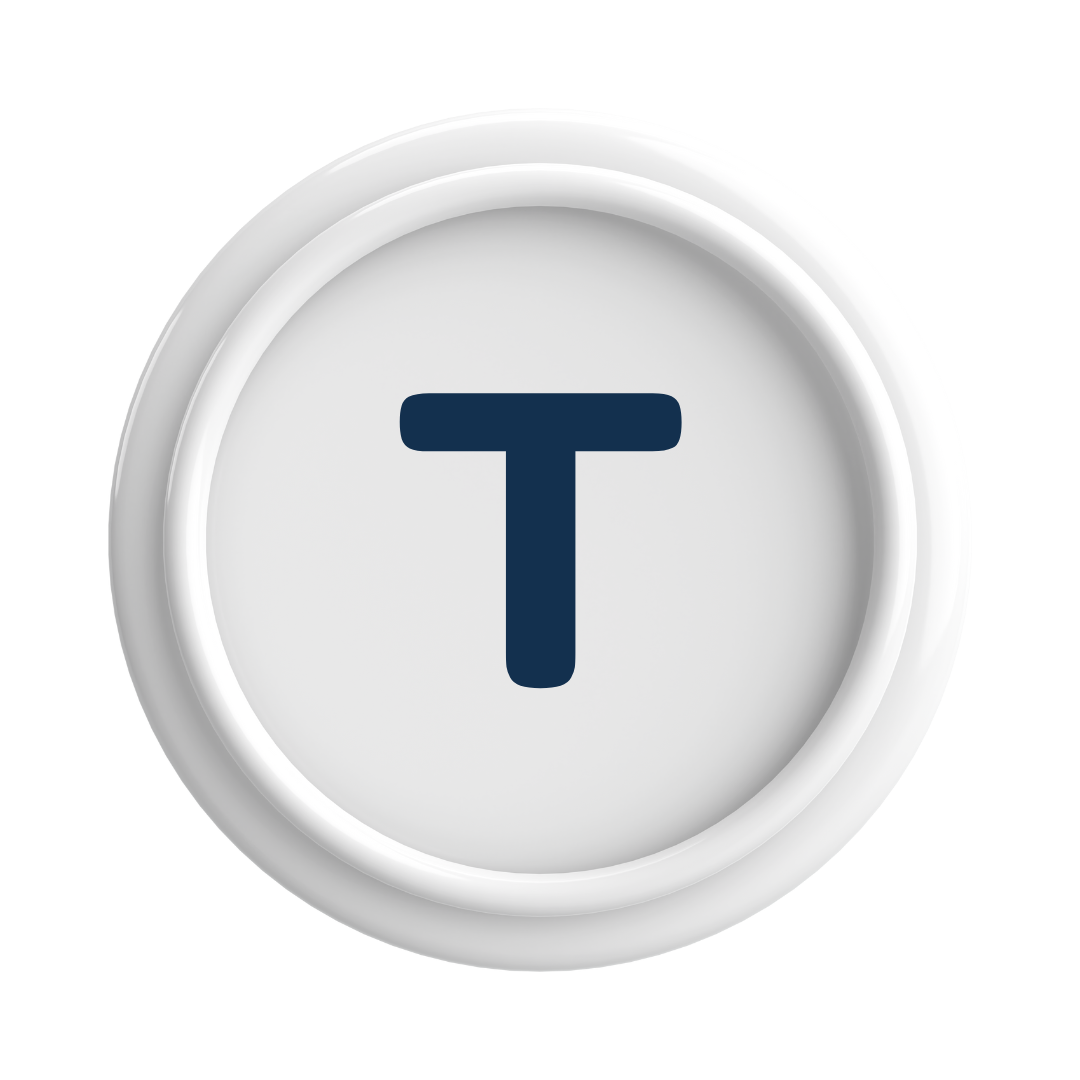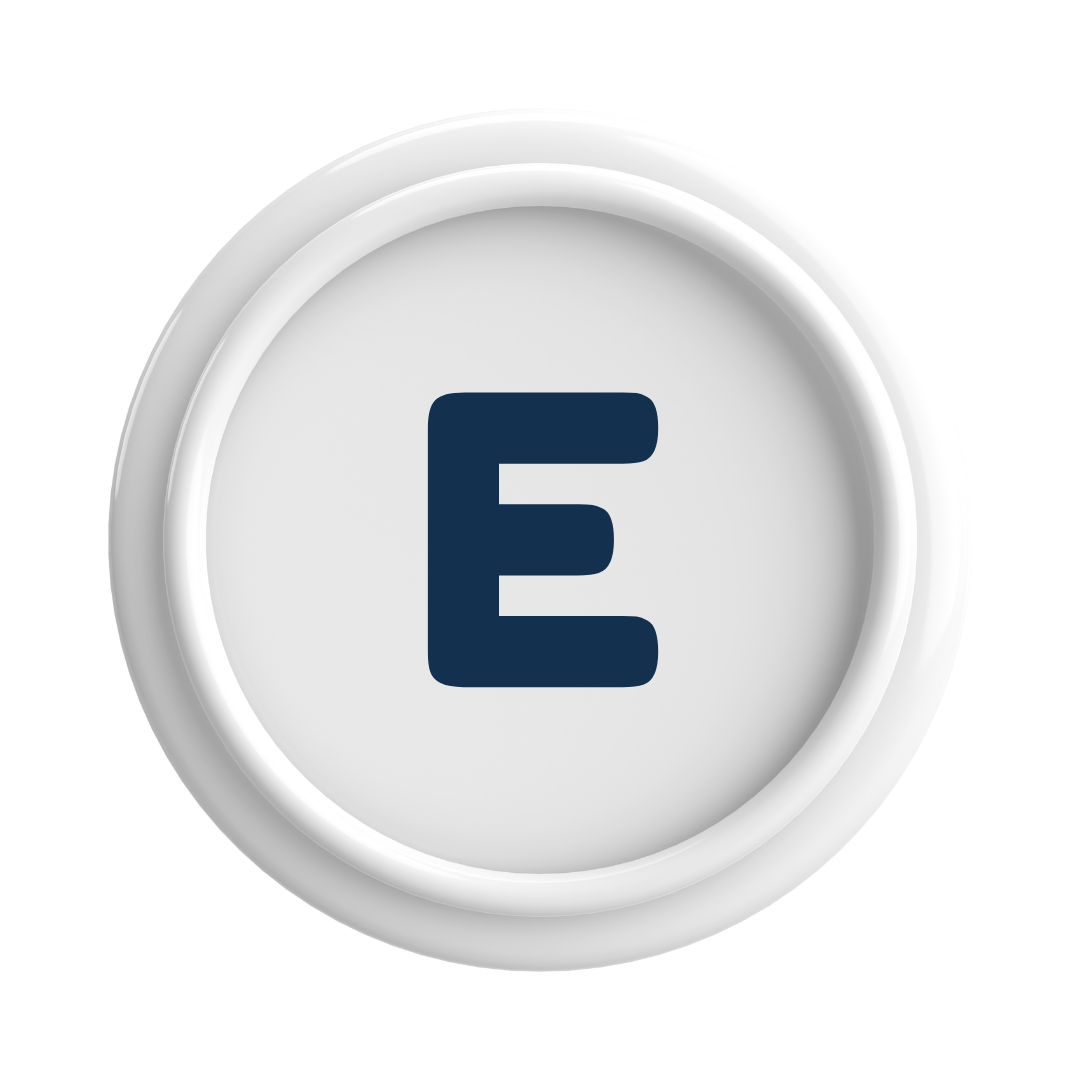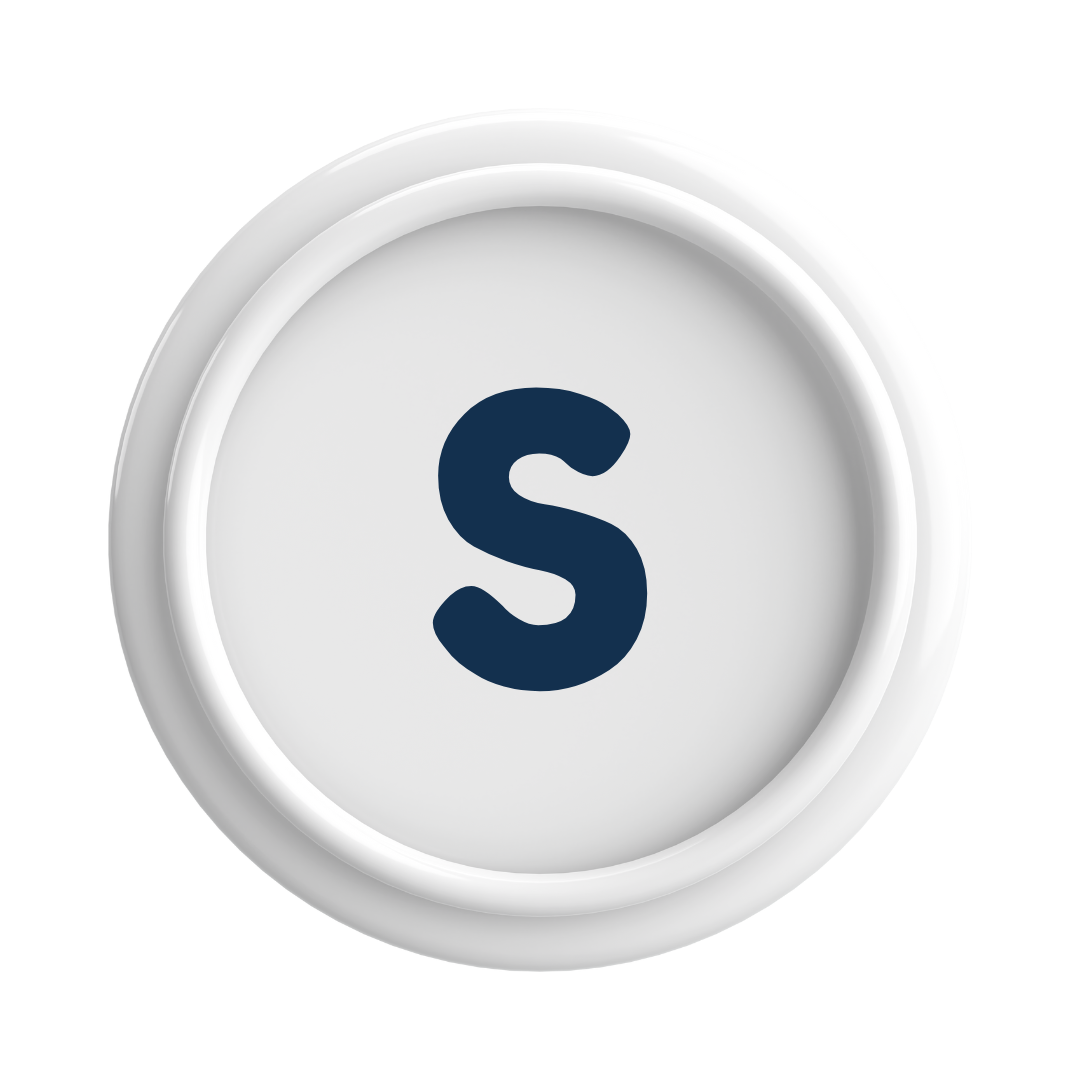IB Chemistry HL Tutors
Chemistry: it's magic, but real
We make the lab feel like your second home
check out our results
Request Free Trial Class
We stand out for a reason
Quantum Threads, Tychr Weaves

Monthly progress reports
It will tell you where you stand and how much you’ve improved. It will not seem like a report card - some anxiety saved there, don’t worry.

Seamless Communication on Whatsapp groups
We add you into a group and you stay in the loop. It’s as easy as that.

IB Study materials, Question Banks, etc
We have an exhaustive library of resources for all our subjects. If you go through them all, you’ll be the superhero of knowledge.
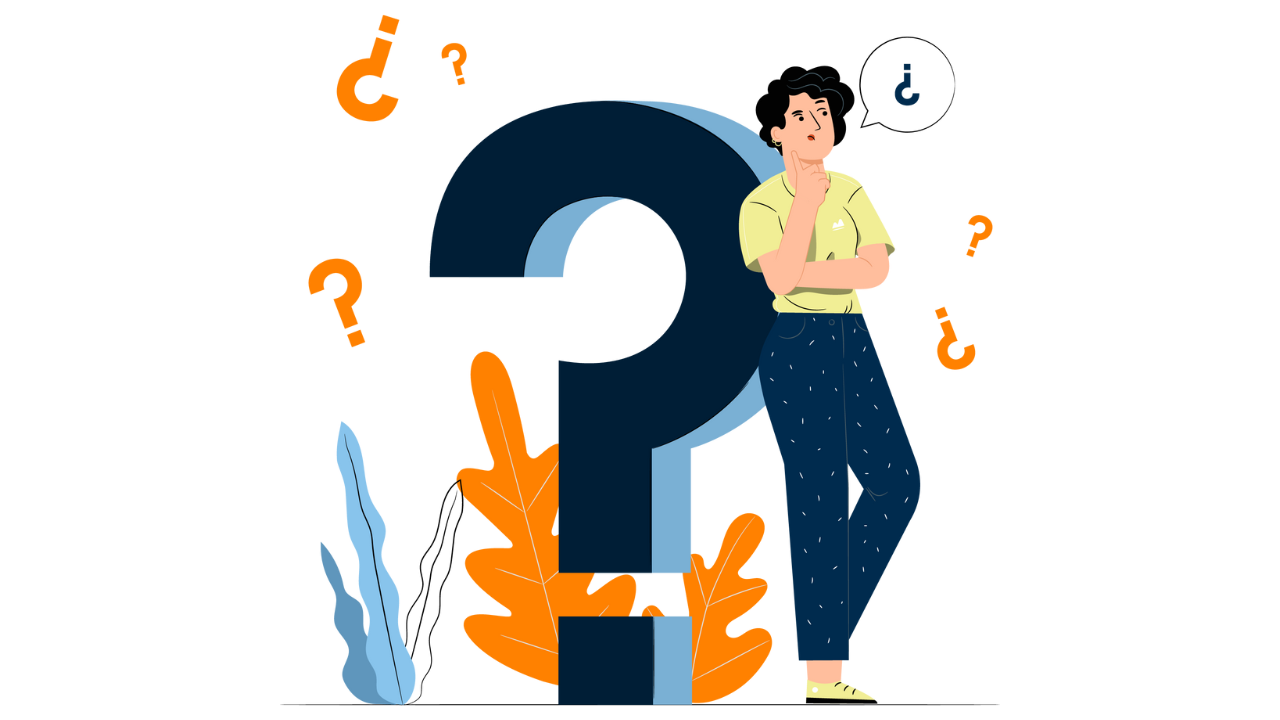
Individual doubt clearing sessions
Personalized attention in one-on-one sessions are important. These sessions are to clarify every doubts that the student has.

Individual IA and EE sessions
We extend our hand to aiding with IA’s and EE’s. Long essays, check. Going through multiple drafts, check.
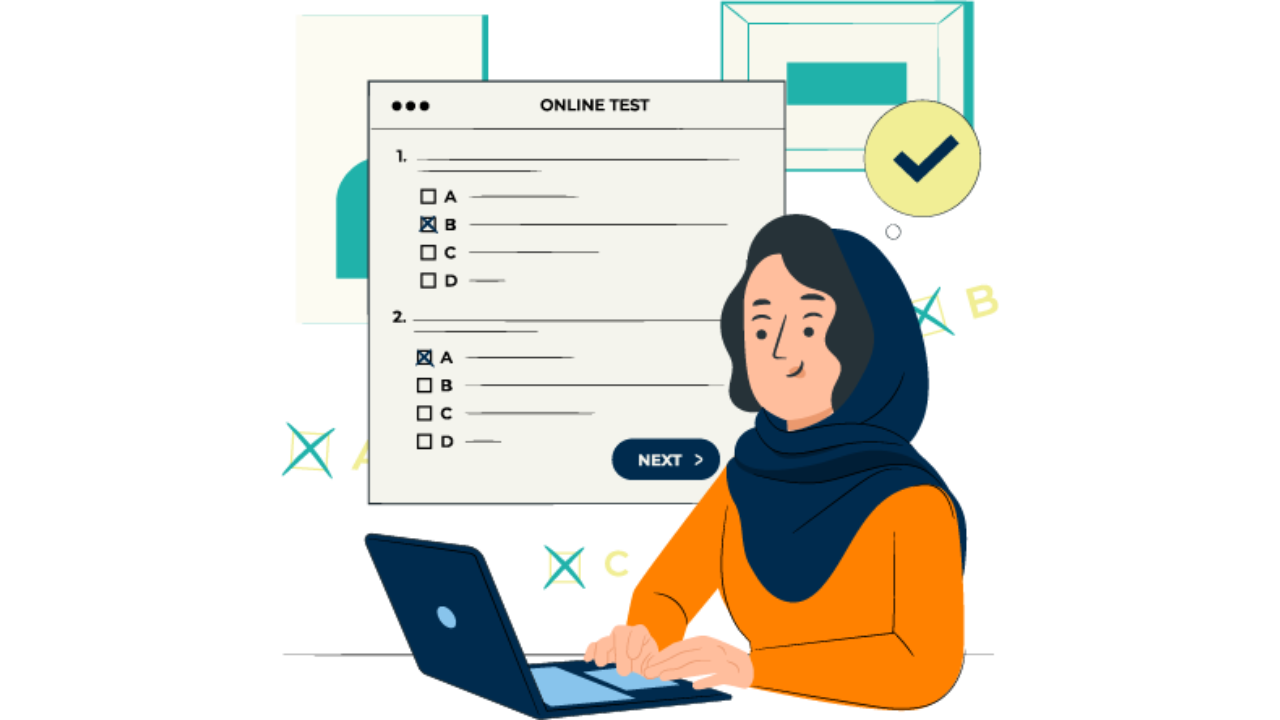
IB style test series
We conduct a series of tests in IB exam style conditions to help prep for the final exam. If it's nerve-wracking, then we know we’ve done a good job.

Toppers talk
There’s nothing more that impacts you than experiences. You will have the opportunity to hear some of our toppers' stories and how their dreams came true.

Sessions from IB examiners
We will have sessions with IB examiners for them to tell you what it is they look for in everything.
Best online IB Chemistry HL Tutors
Secure your child’s future at Tychr.
The only number left to balance our chemical equation is your 7. It’s only a forward reaction; towards success. Our students get special attention and pampering with all the knowledge our tutors have, to share. This includes the IA’s and EE’s and the never ending checklist IB has. Chemistry is simple. It is as simple as jumping across seas to reach the moon. Don’t worry, we’re joking. With our tutors, it’ll be simplified enough to row across the sea to reach shore no. “7”.
Semester wise approach
Chemical Symphony Continues
-
Semester 1
-
Semester 2
-
Semester 3
-
Semester 4
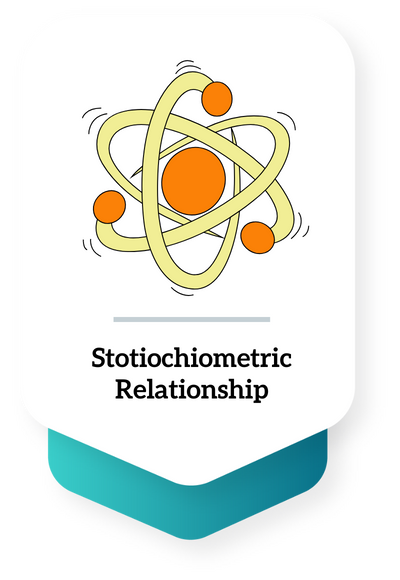
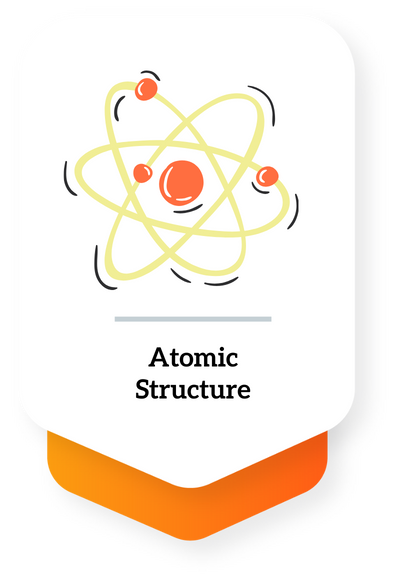
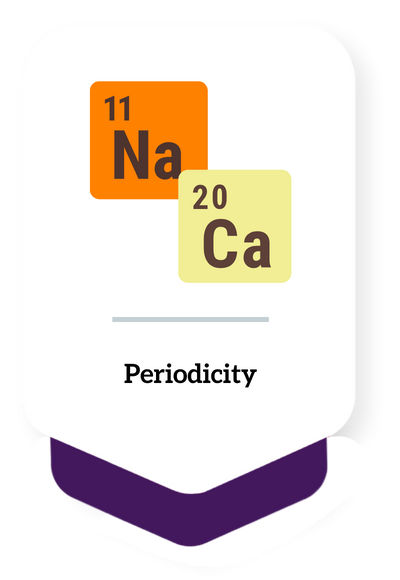
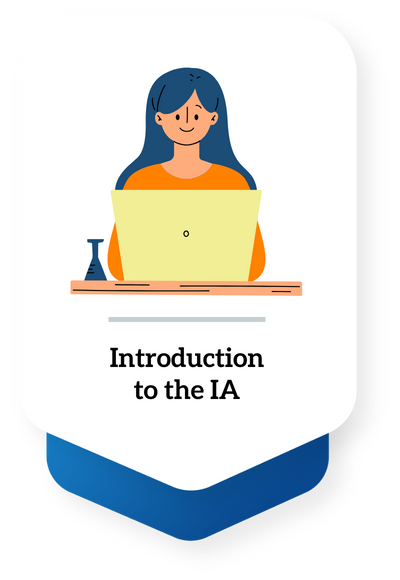
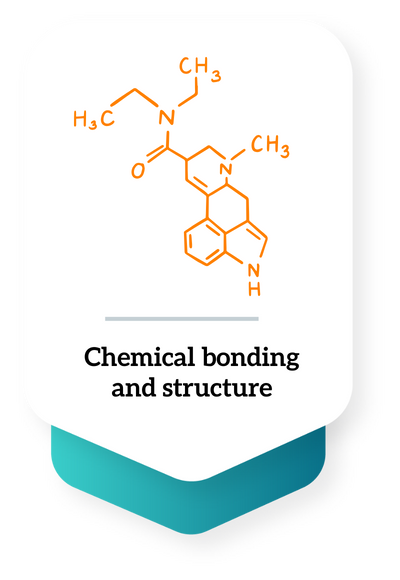
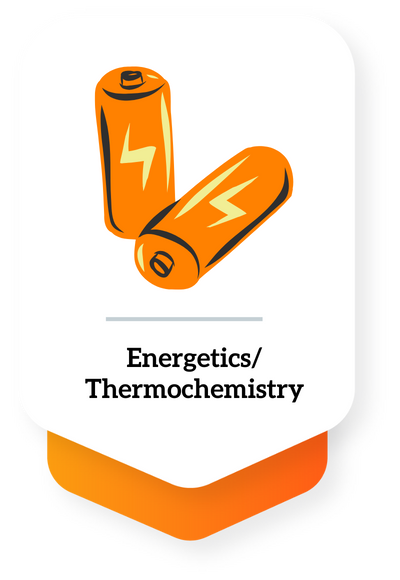
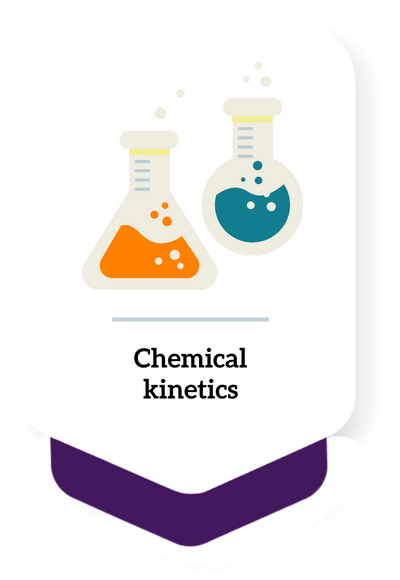
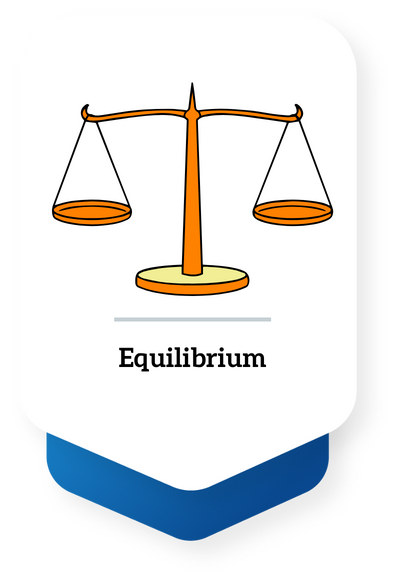
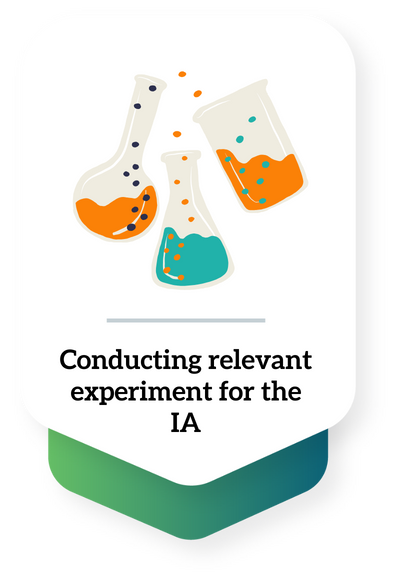
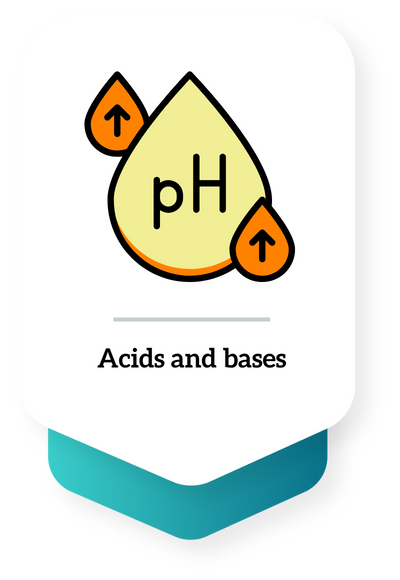
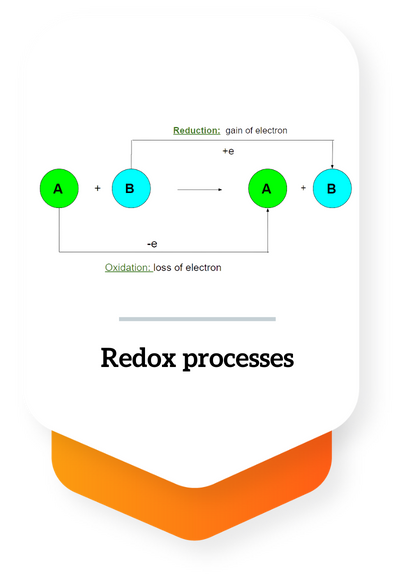
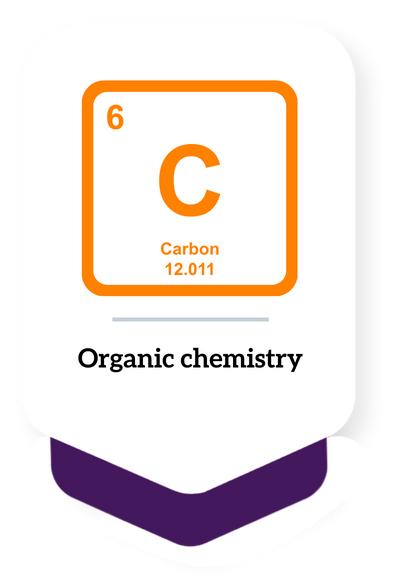
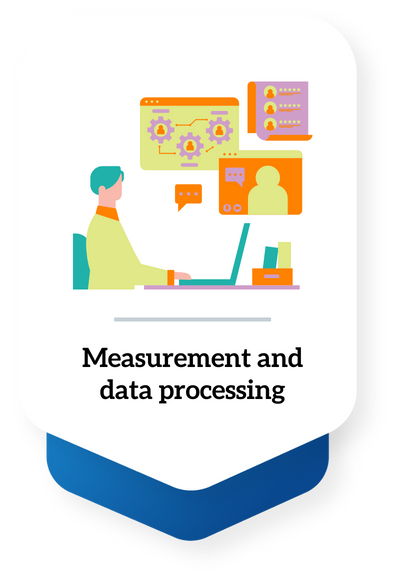
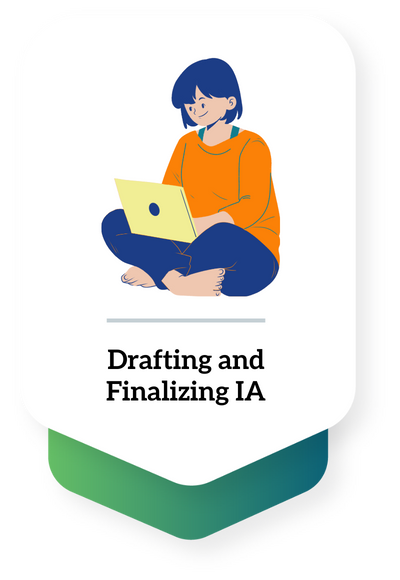
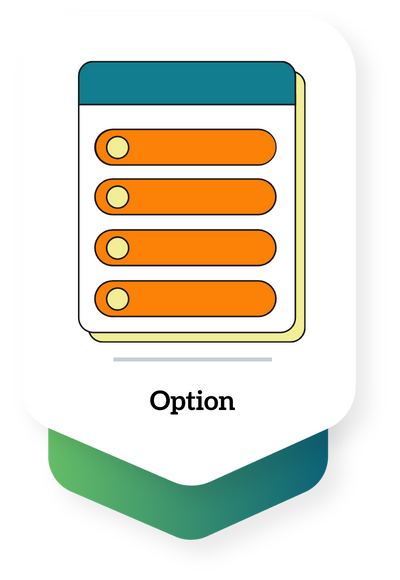
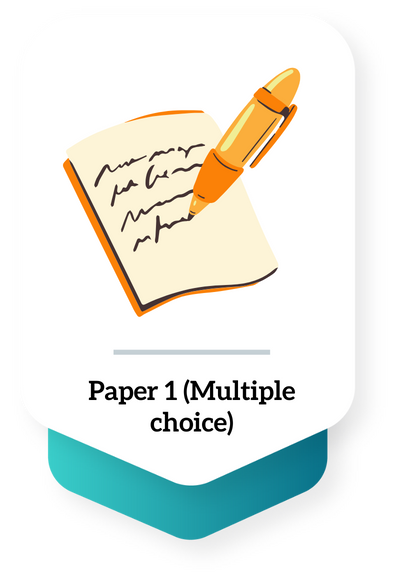
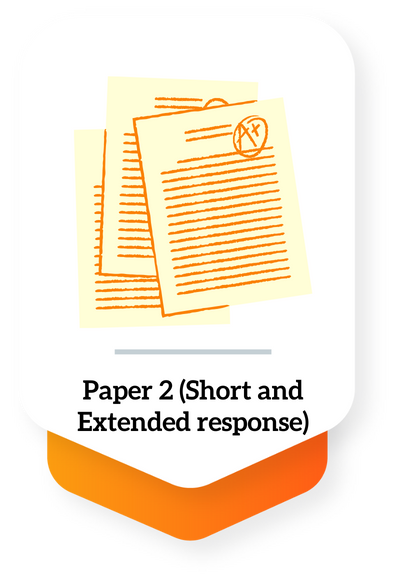
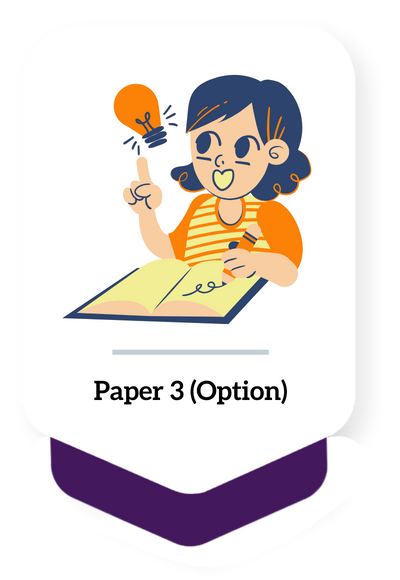
Our Proven T.E.S.T. Methodology
Like all our online tuition, IB Chemistry HL follows our proven T.E.S.T. Methodology. For the IB Chemistry HL, this Means:

THEORETICAL FRAMEWORK
Lessons are prepared by credible IB Chemistry tutors, and conduct doubt sessions, wherever needed. Intimidating theoretical topics like Organic Chemistry, Stoichiometric Relationships and Chemical Kinetics are given more attention to make it comprehensive and engaging at the same time.

EXPLANATORY VIDEOS
Pre-recorded videos including topic coverage, tips and tricks, enhancing the understanding for collecting, processing, exploring and designing the data of IB Chemistry which strengthen student’s scoring ability !

STRENGTHENING CONCEPTS
The student then begins practising topic-wise assignments to reinforce their learnings, focusing on Experimental techniques, technology and Mathematical tools. TYCHR also provides monthly progress reports to keep track of student’s performance.

TIME BOUND TEST SERIES
Finally, the student moves on to solving IB Chemistry question papers in exam-style conditions for Paper 1 weighing 36%, Paper 2 weighing 44% of the final grade. They then receive checked answer sheets and a comprehensive answer key to each.
How It Works?
Follow the well-grounded 6 step process to uncontested success


Request Free Trial Class
- Our tutors, aka Chemistry graduates, have performed all sorts of experiments to formulate the right equation for you to reach top tier universities.
- Chemistry is important. You know it, and we know it. What you don’t know is our tutors' experience with teaching. It’s really non-negotiable.
- Tychr’s Chemistry tutors will make sure to have an ionic bonding with you to provide the best results. If it wasn’t funny, we’ll ensure we do a better job teaching the subject.
Summarized Syllabus
Acid Base the Beauty, Tychr the Grace
| Curriculum | Assessment |
Core Chapter 1: Stoichiometric relationships Chapter 2: Atomic Structure Chapter 3: Periodicity Chapter 4: Chemical bonding and structure Chapter 5: Energetics Chapter 6: Chemical Kinetics Chapter 7: Equilibrium Chapter 8: Acids and bases Chapter 9: Redox processes Chapter 10: Organic chemistry Chapter 11 Redox processes
Higher level topics under each chapter | External Assessments: Paper 1: 30 multiple-choice questions on core. Paper 2: Short-answer and extended-response questions. Paper 3: Short-answer and extended-response questions from one option Internal Assessments: Individual investigation: Written report of a research question |
Elite Online IB Chemistry HL Tutors
Tychr;s Notes: Acid-Base Symphony

Personalized Teaching
We understand the individuality of the students and tutor them in a way which they are comfortable with to excel in the subject.

Free Demo sessions
Sit in on a free demo session to see what TYCHR holds for you in terms of quality teaching and excelling IB.

Highly Qualified Educators
With the communication skills of our tutors, there is no need to compromise on the quality of teaching for both the exams and the internals.

Success Stories
Be it Forensics, Chemical Engineering or Biochemistry, we can help you get there.

Accomplished
Our IB tutors have proven themselves with their experience in teaching as many of our students have gotten a 6/7 in Chemistry.

College Application guidance
Our tutors are perfectly suited to guide you through college applications through your IA’s and EE.
What our Students Have to say
A few words about us from our students…




FAQs – IB Chemistry TUITION Classes
A few frequently asked questions
Practical procedures is an essential component of IB Chemistry. It enables students to build experimental abilities, use theoretical knowledge, and practise the scientific process. The internal examination also involves a practical component.
IB Chemistry graduates can pursue jobs as chemists, chemical engineers, chemists, or biochemists. Other career opportunities include materials science, environmental science, forensic science, and a variety of other professions that need a strong chemical background. An IB Chemistry background opens up a wide range of options in research, education, and industry.
SYLLABUS COMPONENT | Recommended Teaching Hours | |
SL | HL | |
Syllabus content | 110 | 180 |
Structure 1. Models of the particulate nature of matter Structure 1.1—Introduction to the particulate nature of matter Structure 1.2—The nuclear atom Structure 1.3—Electron configurations Structure 1.4—Counting particles by mass: The mole Structure 1.5—Ideal gases | 17 | 21 |
Structure 2. Models of bonding and structure Structure 2.1—The ionic model Structure 2.2—The covalent model Structure 2.3—The metallic model Structure 2.4—From models to materials | 20 | 30 |
Structure 3. Classification of matter Structure 3.1—The periodic table: Classification of elements Structure 3.2—Functional groups: Classification of organic compounds | 16 | 31 |
Reactivity 1. What drives chemical reactions? Reactivity 1.1—Measuring enthalpy change Reactivity 1.2—Energy cycles in reactions Reactivity 1.3—Energy from fuels Reactivity 1.4—Entropy and spontaneity (Additional higher level) | 12 | 22 |
Reactivity 2. How much, how fast and how far? Reactivity 2.1—How much? The amount of chemical change Reactivity 2.2—How fast? The rate of chemical change Reactivity 2.3—How far? The extent of chemical change | 21 | 31 |
Reactivity 3. What are the mechanisms of chemical change? Reactivity 3.1—Proton transfer reactions Reactivity 3.2—Electron transfer reactions Reactivity 3.3—Electron sharing reactions Reactivity 3.4—Electron-pair sharing reactions | 24 | 45 |
Experimental Programme | 40 | 60 |
Practical work Collaborative sciences project Scientific investigation | 20 10 10 | 40 10 10 |
Type of Assessment | Format of assessment | Time(Hours) | Weighting of final grade% | |
SL | HL | |||
External | 3 | 4.5 | 80 | |
Paper 1 | Paper 1A: Multiple-choice questions Paper 1B: Data-based questions | 1.5 | 2 | 36 |
Paper 2 | Short-answer and extended-response questions | 1.5 | 2.5 | 44 |
Internal | 10 | 20 | ||
Scientific investigation | The scientific investigation is an open ended task in which the student gathers and analyses data in order to answer their own formulated research question. The outcome of the scientific investigation will be assessed through the form of a written report. The maximum overall word count for the report is 3,000 words | 10 | 20 | |
IB Chemistry prepares students for further education by providing a demanding curriculum that includes advanced chemical principles and practical laboratory abilities. The Extended Essay emphasises critical thinking, interdisciplinary connections, and independent investigation, providing students with the intellectual and analytical abilities required for success in university-level courses and scientific research.
IB Chemistry is organised into core content covering fundamental principles, elective areas for specialisation, practical work for hands-on experience, and internal evaluations such as the Extended Essay. The course combines an international viewpoint with cross-disciplinary links, ending in external exams. This holistic method prepares students for further education by developing critical thinking abilities, research skills, and a thorough grasp of chemistry.
IB Chemistry Recent Blogs
Bonding with Knowledge
Get access to our free IB resources
Solutions to Mysteries

IB Chemistry HL Paper 1 Question Bank

IBDP Chemistry Study Notes
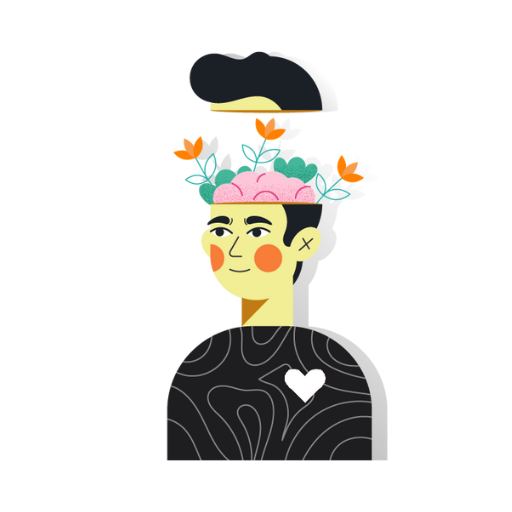
IB Chemistry IA Ideas



